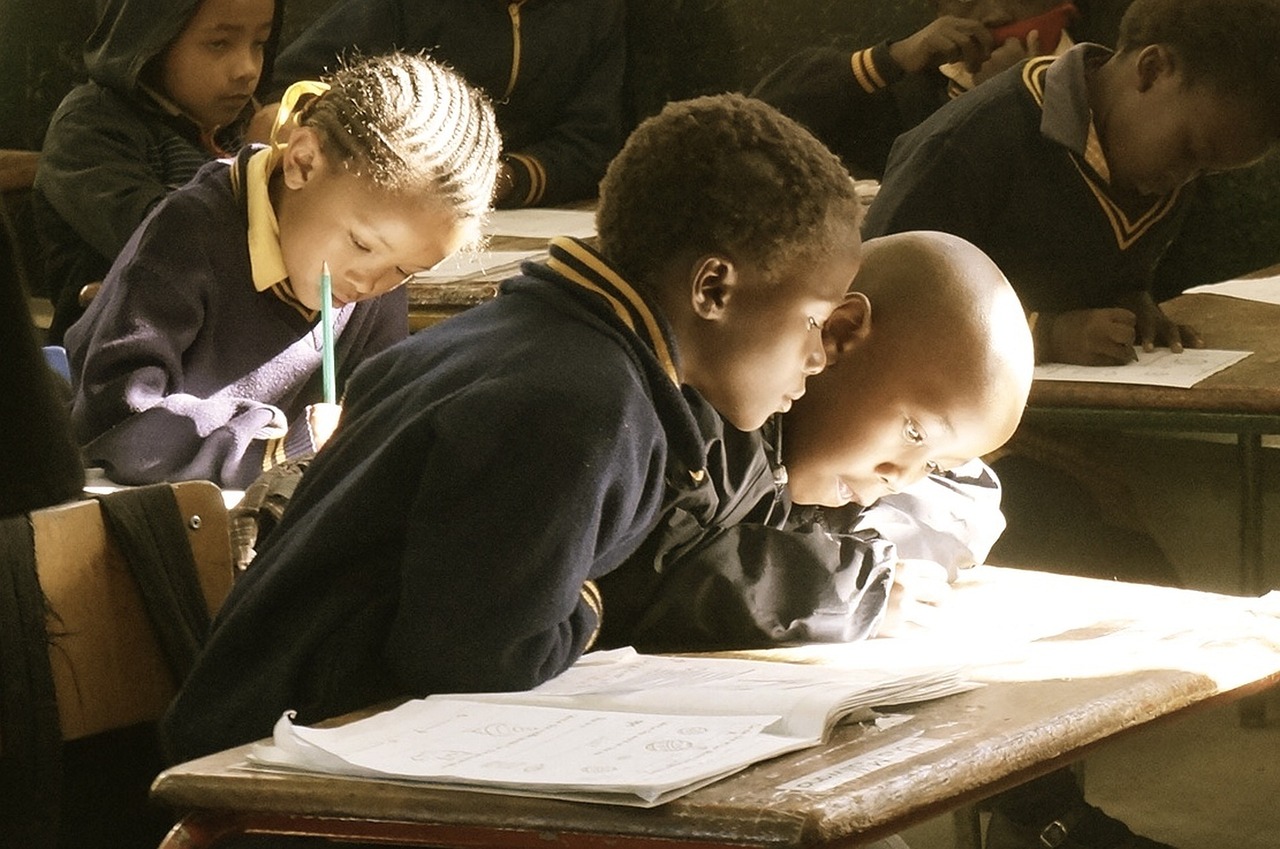MENA
The MENA-OECD Initiative, the commitment to sustainable growth

When we look at Africa we see a very diverse continent, rich in natural resources and with a series of challenges that cannot be ignored, such as armed conflicts, poverty or immigration, but it is true that in recent years some African countries have been promoting different policies to leave behind this image from the other shore and commit to growth and progress, joining initiatives that strengthen their foundations and help them to achieve the proposed challenges.
In different forums, we have been talking and reflecting on the great potential of this continent, the possibilities it offers for investment, the strategic geopolitical situation of, for example, the North African countries bathed by the Mediterranean Sea, the tourist interest they are awakening, or the commitment that different governments are making to entrepreneurship or education, the results of which are young people prepared and eager to compete in the market, a qualified workforce that an increasingly ageing Europe will need. And together with all this, the need for public institutions and the private sector to build bridges together is advocated.
Among the various projects or programmes to support this growth from different perspectives, the MENA-OECD Initiative stands out. This project was created nine years ago at the request of the former, i.e. the countries of the Middle East and North Africa. The main objective is to promote policies that enable sustainable and inclusive growth in the region through collaboration with the Organisation for Economic Co-operation and Development (OECD). Undoubtedly, this openness, the reflection and analysis of the needs of each country in order to provide specific and concrete responses and the support and coordination to alleviate them and implement projects will have an impact on the well-being of their inhabitants.
This international institution, whose headquarters are in Paris, was founded in 1961 under the auspices of 20 countries, although its origins lie in the Organisation for European Economic Cooperation (OEEC), founded after World War II to coordinate the reconstruction of Western Europe with aid from the United States and Canada (Marshall Plan).
Currently, the OECD is made up of 38 states after the latest additions of Costa Rica, in 2021, and Lithuania and Colombia, which joined three years earlier. Its mission, according to its website (https://www.oecd.org/acerca/), is to "design better policies for better lives".
Among its different actions is, as we mentioned, the MENA-OECD Initiative, which includes the countries of Algeria, Bherein, Djibouti, Egypt, Iraq, Jordan, Kuwait, Lebanon, Libya, Mauritania, Morocco, Oman, the Palestinian Authority, Qatar, Saudi Arabia, Syria, Tunisia, the United Arab Emirates and Yemen.
Since its creation, it has been working on a continuous dialogue with the aim of exchanging experiences and encouraging and promoting reforms and projects that contribute to the development of these countries. The actions or programmes being carried out cover a wide range of sectors and interests, such as agriculture, education, governance, economic and social development, investment and trade, entrepreneurship, gender equality, green growth, helping to study and implement environmental policies, youth inclusion and participation, etc.
The OECD creates working groups for each of the areas that design different initiatives based on the achievement of the objectives sought with the participation of the countries that make up the MENA region and in which civil society and representatives of the public and private sectors are also involved.

MENA-OECD Ministerial Declaration
Following the global pandemic of COVID-19, in 2021, this Initiative was renewed, thus beginning a fifth mandate that will end in 2025 and in which they committed, as reflected in the MENA-OECD Ministerial Declaration, to combat this pandemic "through a global response, based on unity, solidarity, south-south and triangular cooperation and renewed multilateral cooperation between states, peoples and generations that strengthens the capacity and determination of states and other stakeholders to implement the 2030 Agenda for Sustainable Development".
The same document also includes the commitment to build a global economy based on equity, solidarity and political dialogue; recognises a positive assessment of the Governance and Competitiveness for Development Initiative, "a valuable vehicle to promote effective reform agendas"; and proposes to design and implement a comprehensive work programme to promote "a strong, resilient, green and inclusive recovery and better opportunities for the citizens" of North Africa and the Middle East.
An important feature of the MENA-OECD Initiative is that its launch meant that for the first time this international organisation was working with Arab countries.
The challenges posed by the 2030 Agenda to achieve sustainable development are more than ambitious, ranging from the end of poverty and hunger to an egalitarian society, responsible consumption and ensuring access to water and energy. We are not facing simple challenges, as we are aware of the great differences and inequalities that exist in the world, but, undoubtedly, the promotion of cooperation between the different countries and the implementation of initiatives in which all sectors of society are involved, will facilitate this sustainable growth, the commitment to achieve that goal that aims to ensure that we live in a better world, in a cared for and protected environment.
